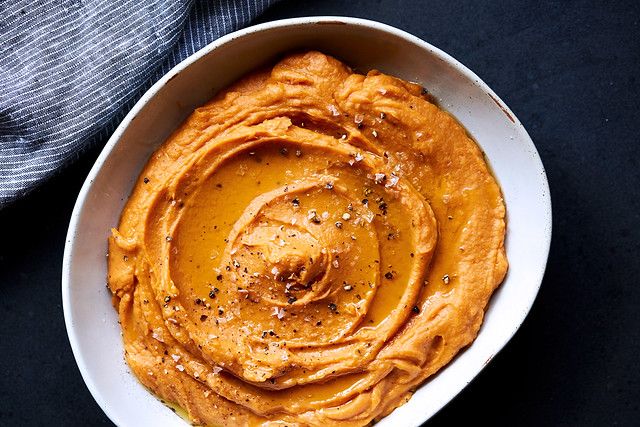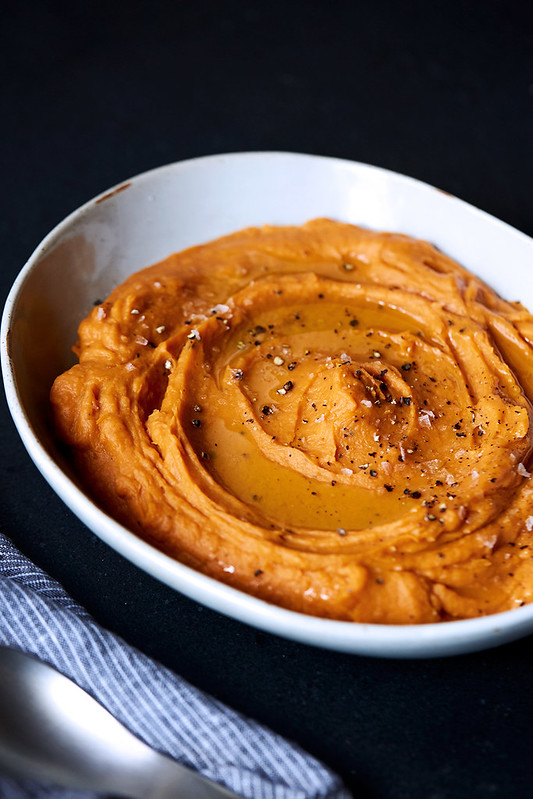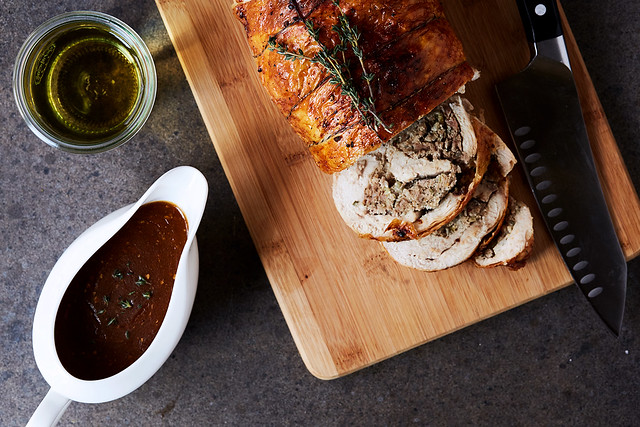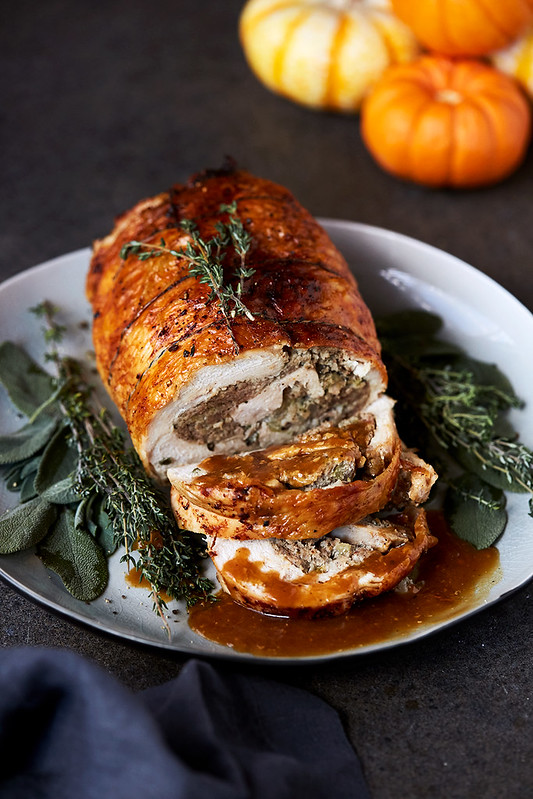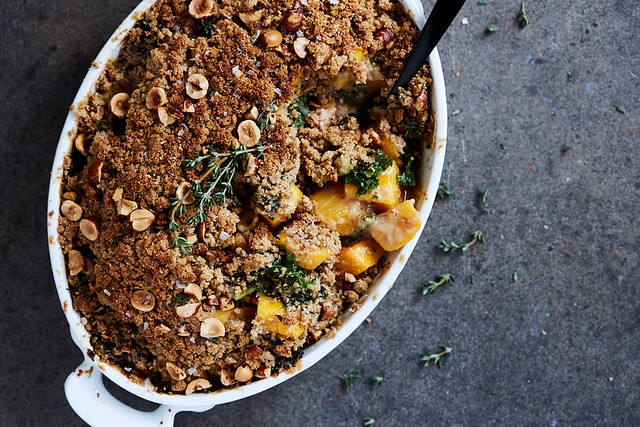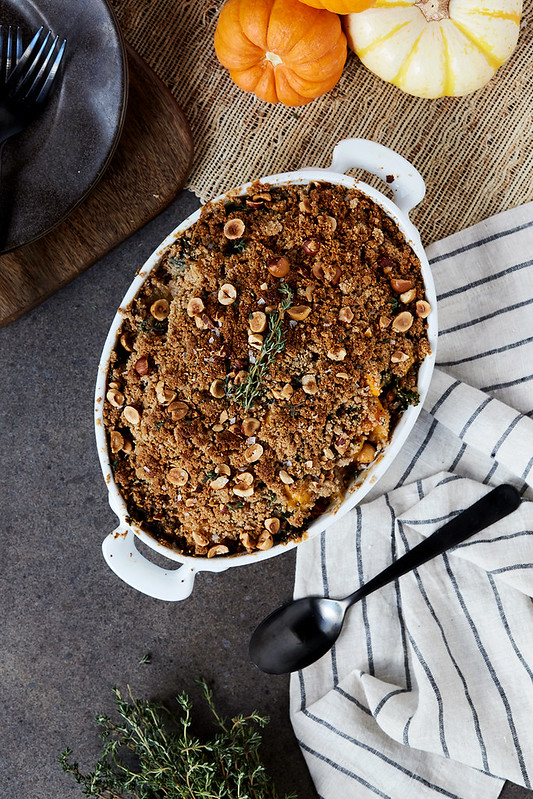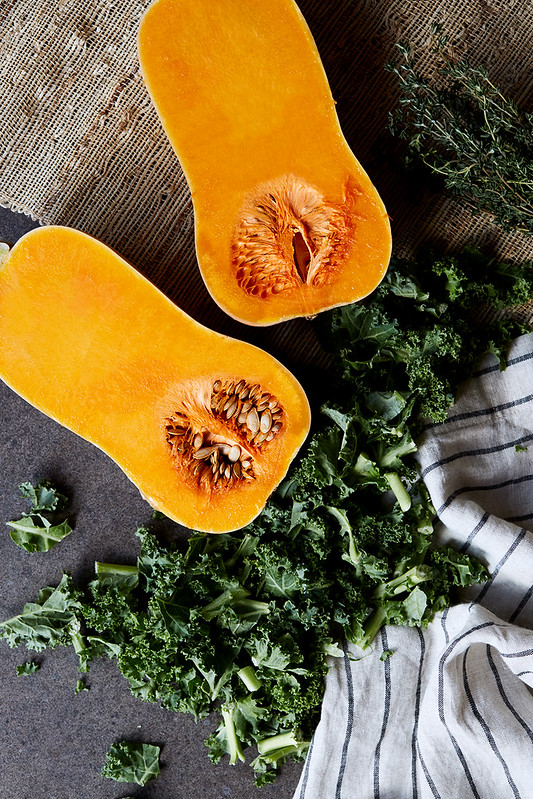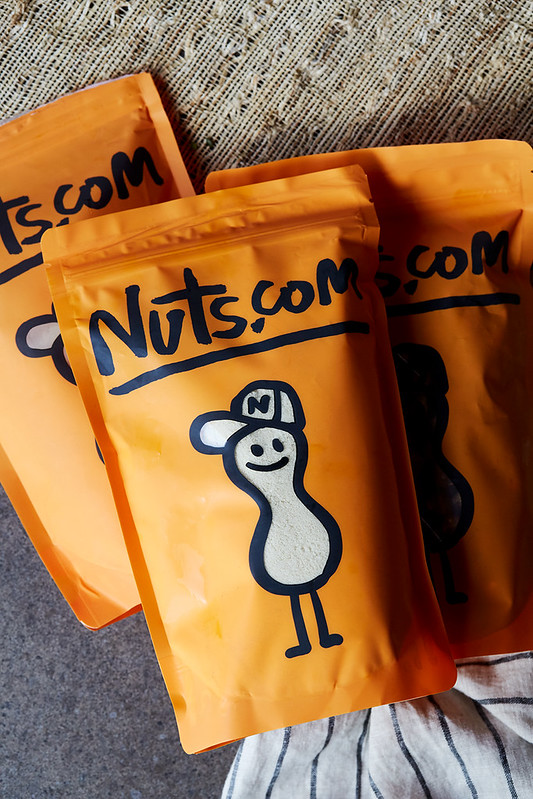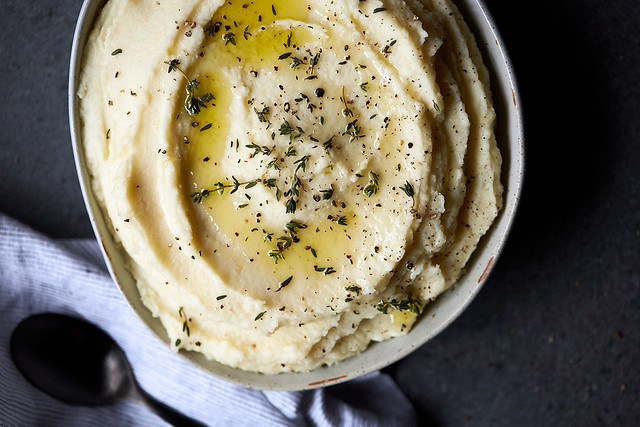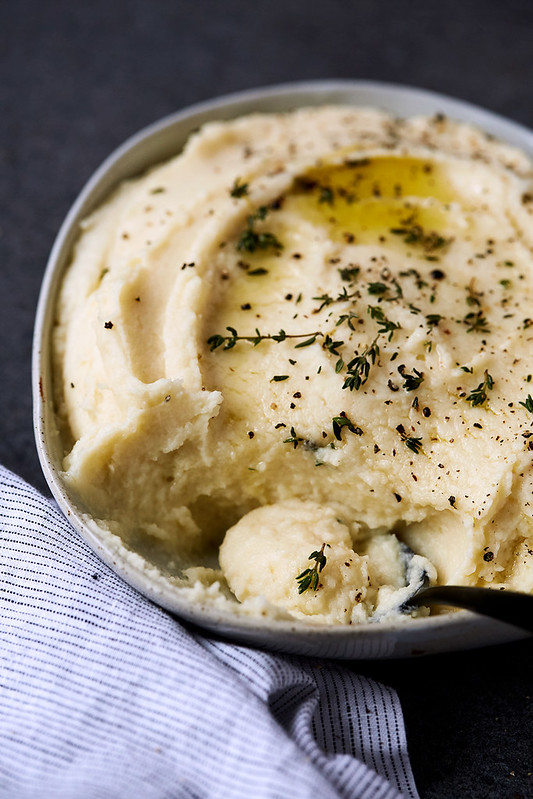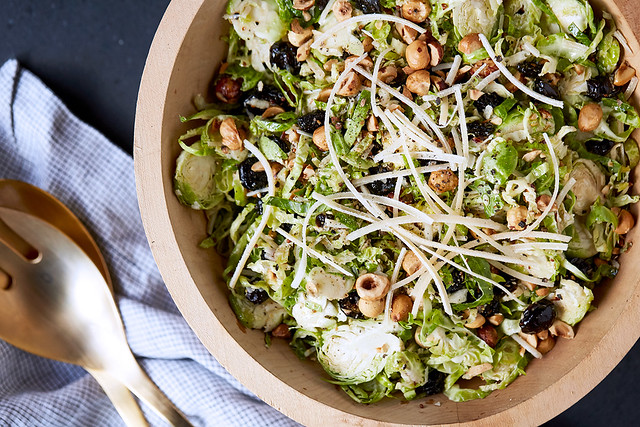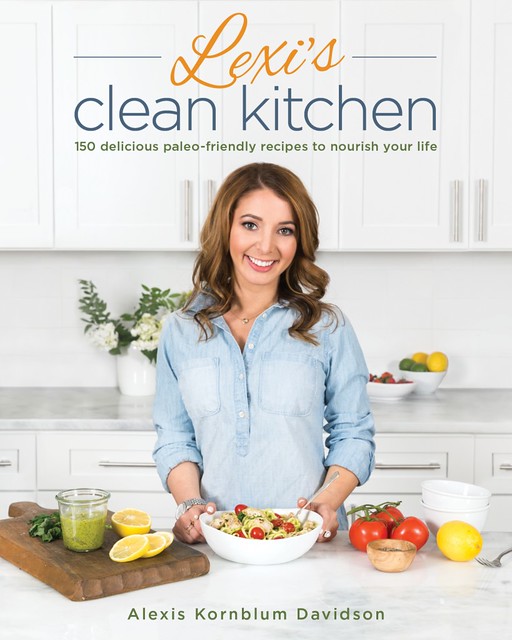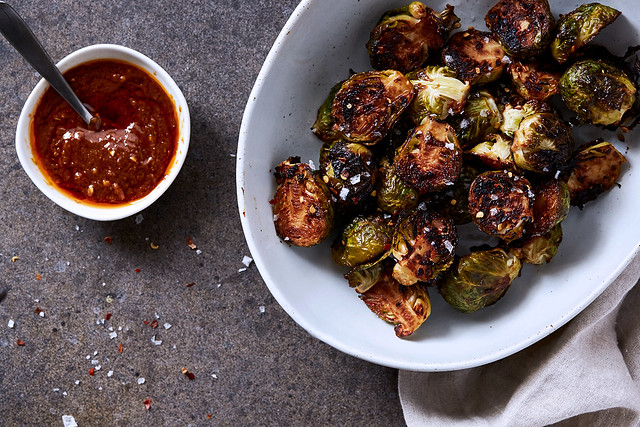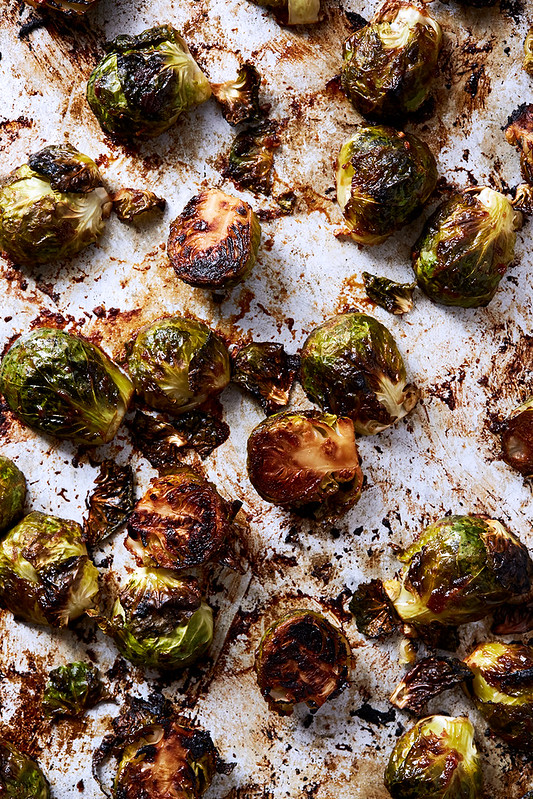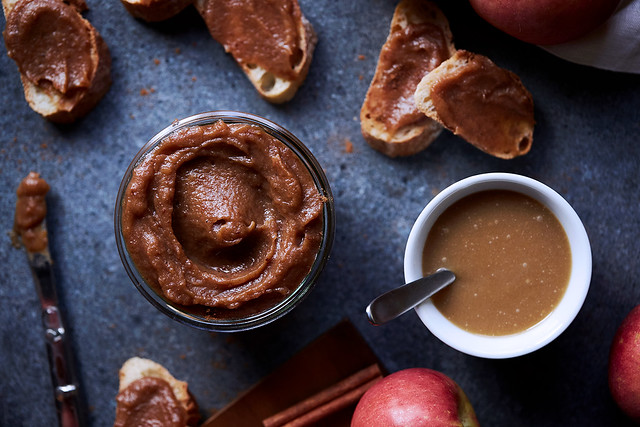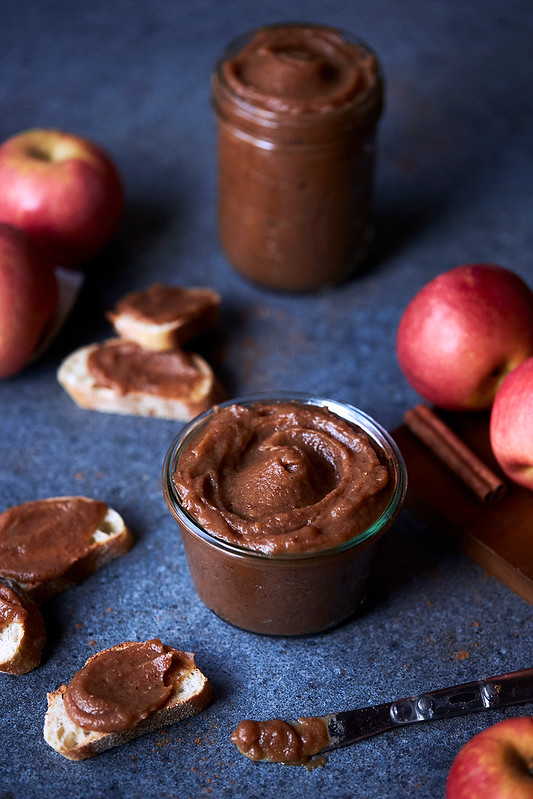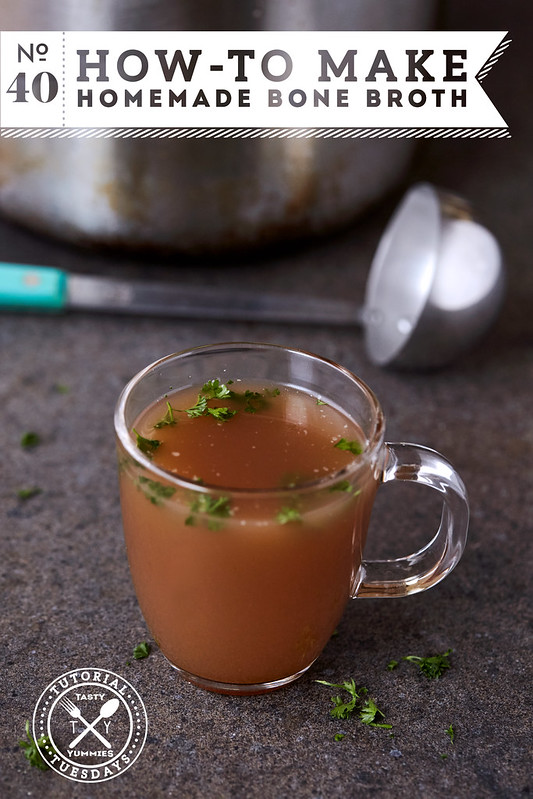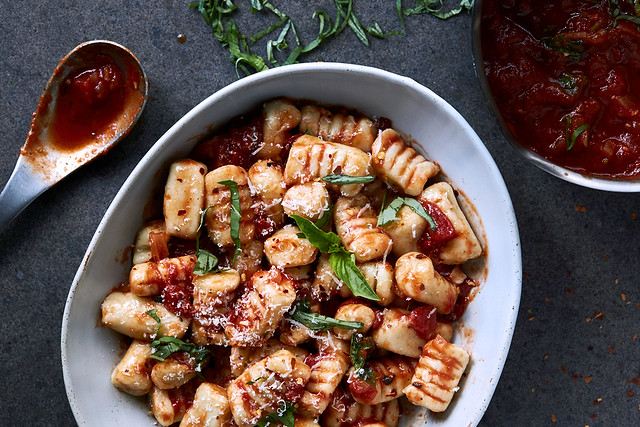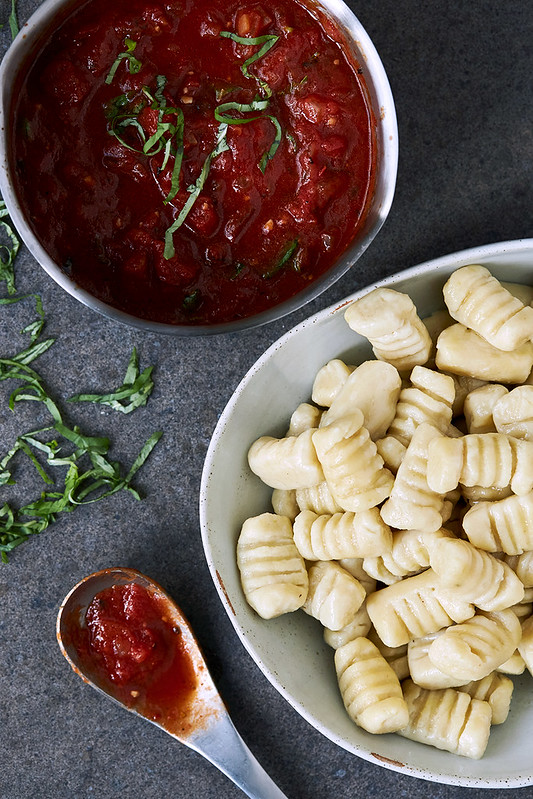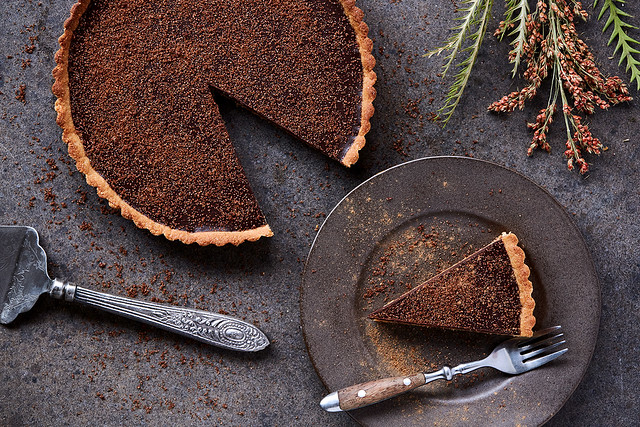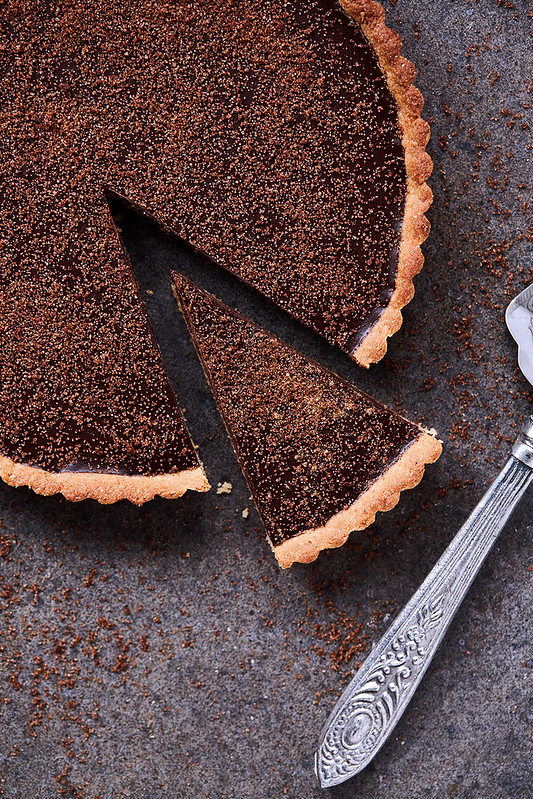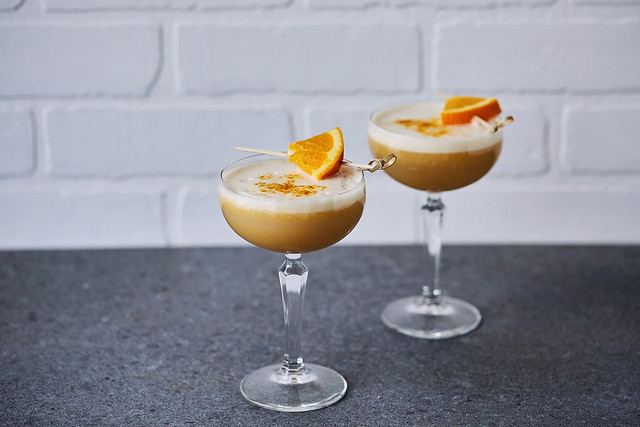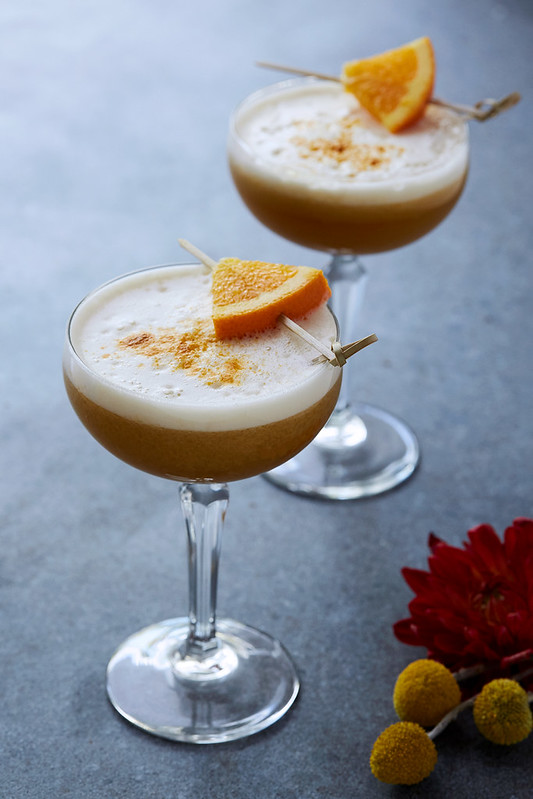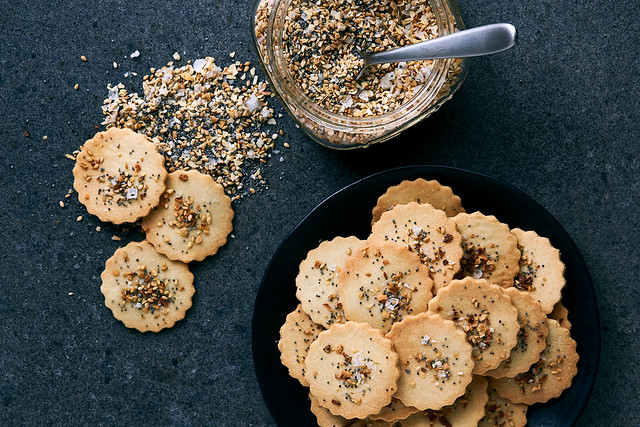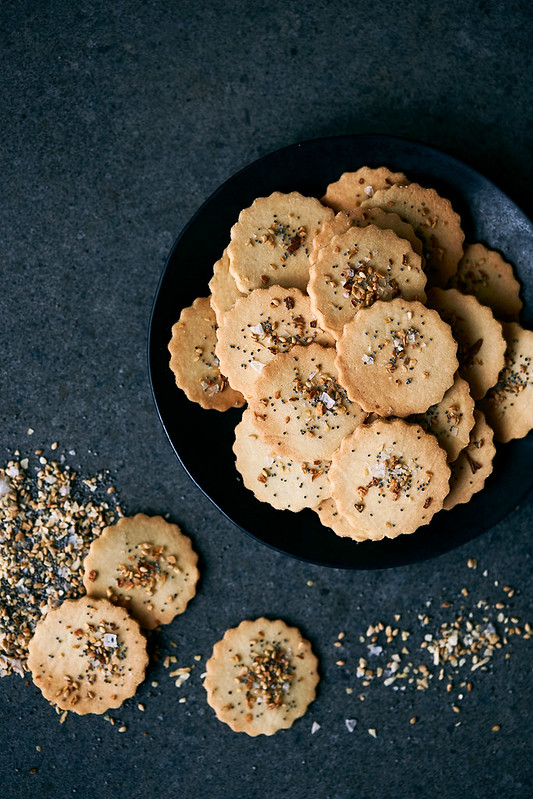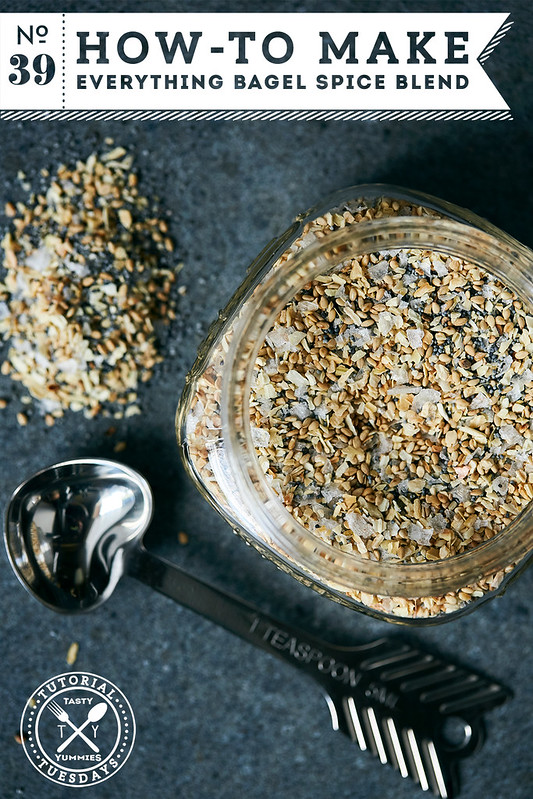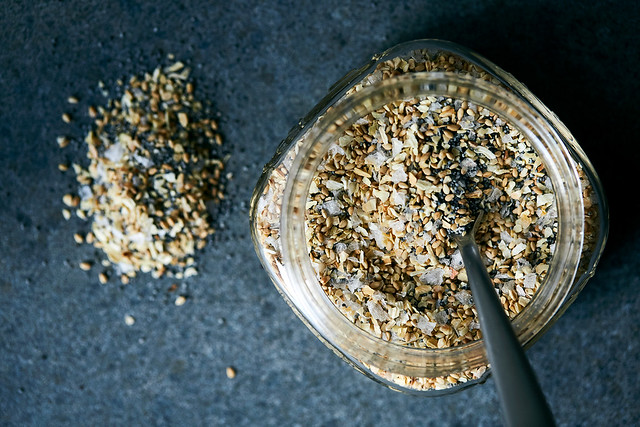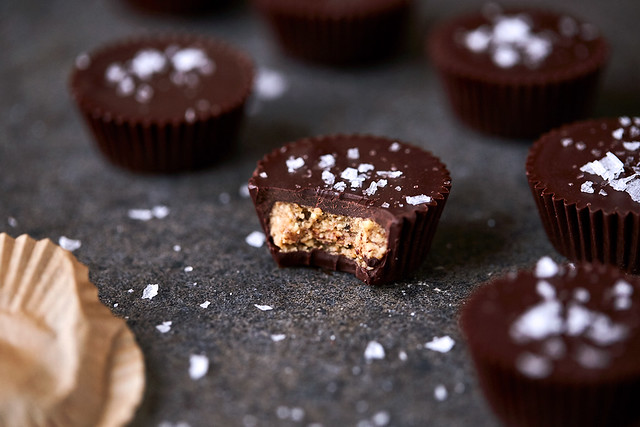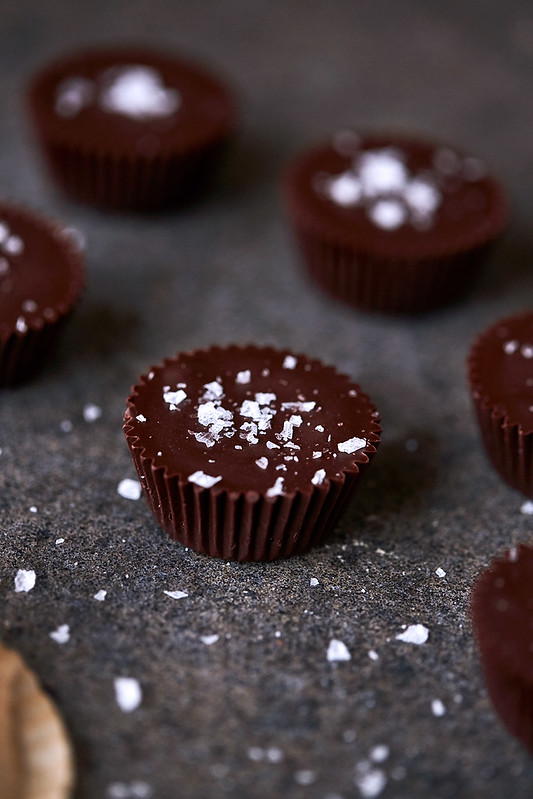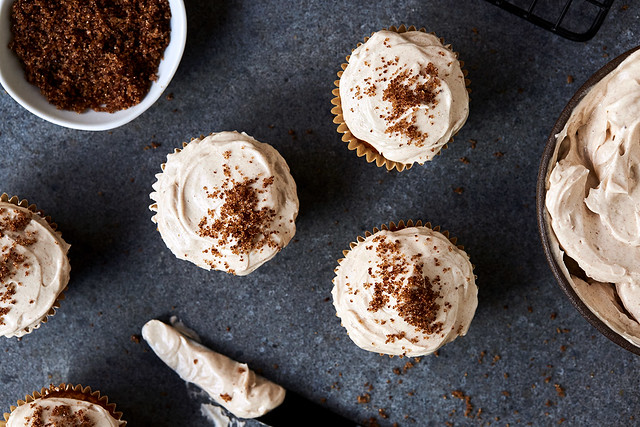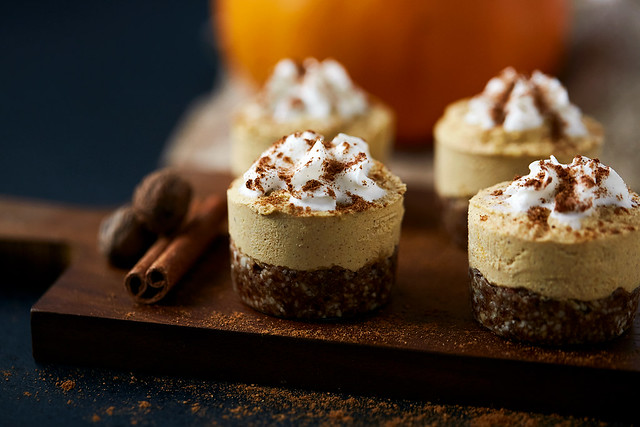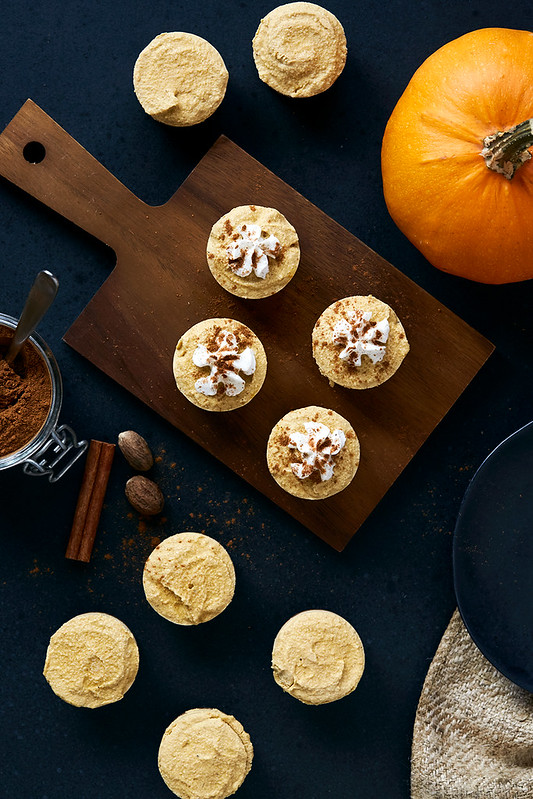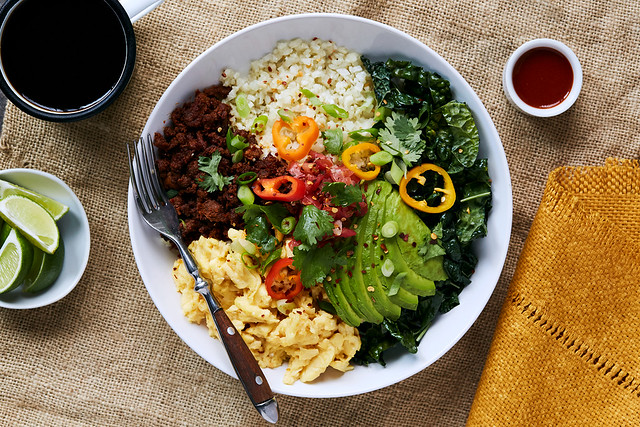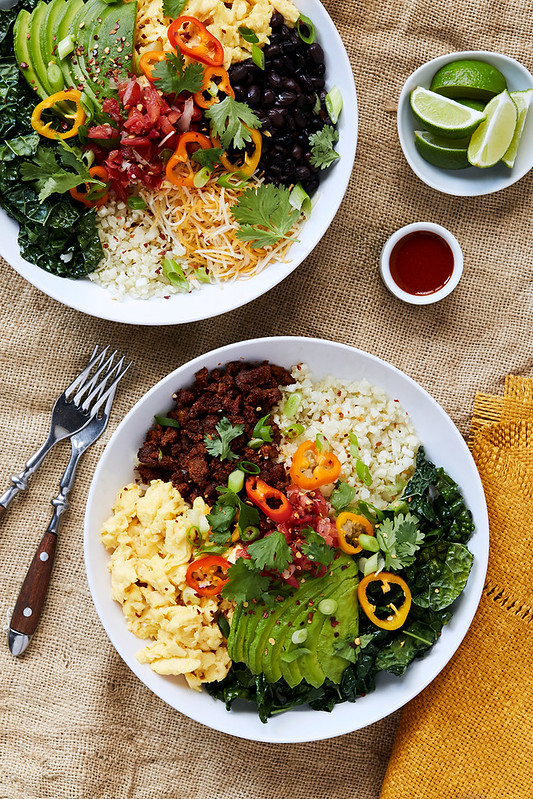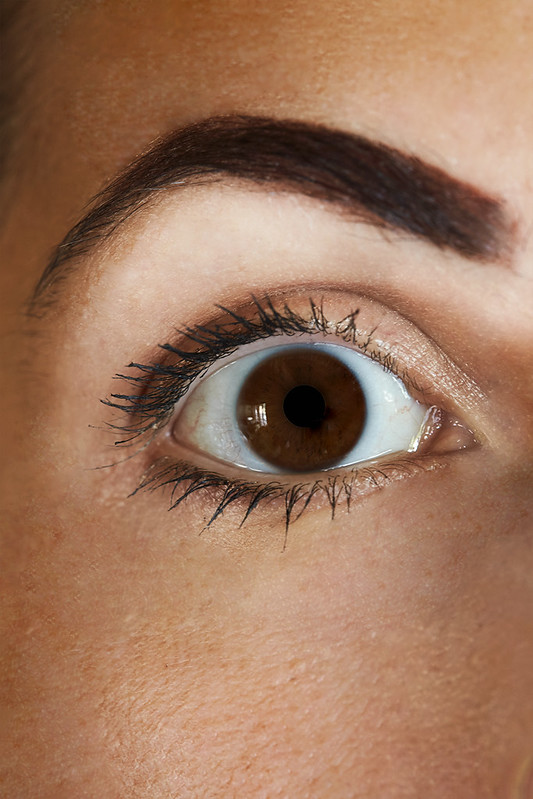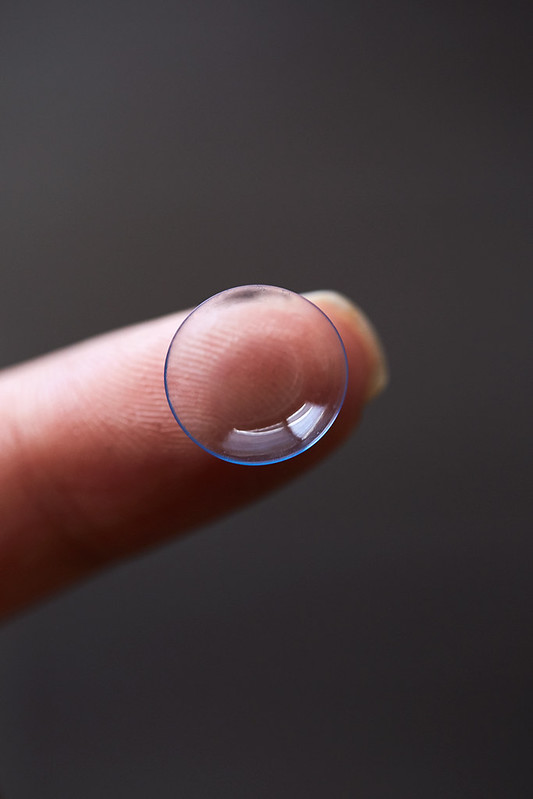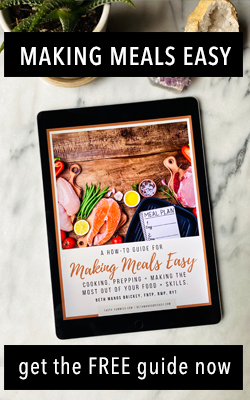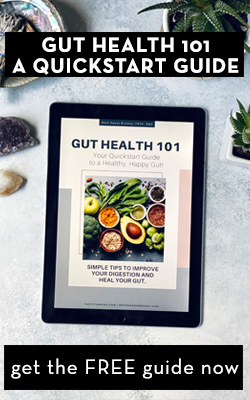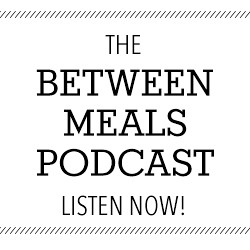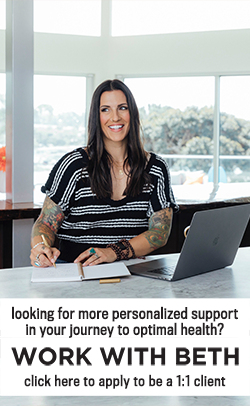-
5 Mealtime Tips to Improve Digestion
Digestive dysfunction is easily the most common chronic ailment I encounter working as a Nutritional Therapist. As a follow-up to my in-depth series Digestion 101, I wanted to offer five, simple actionable steps that you can take right away to immediately begin the improvement of your digestion.Digestive dysfunction can have many faces – gas, bloating, stomach aches, indigestion – we’ve all been there. Yes, there are plenty of quick-fix, short term “bandaid” approaches to managing the symptoms, I see so many people that often pop antacids, take anti-gas, diarrhea or constipation meds just to get through the day. Sadly this only manages the symptoms of a larger problem and more often than not the root cause of the dysfunction is left untreated and the problems still persist.
Rather than popping pills or difficult, unnatural approaches, here are 5 simple, meal-time tips to improve your digestion, naturally.
5 Mealtime Tips to Improve Digestion
-
4 Reasons to Avoid Vegetable and Seed Oils
4 Reasons to Avoid Vegetable Oils. Vegetable oils are NOT healthy! Read on to discover the 4 biggest reasons to avoid these terrifying, toxic fats!
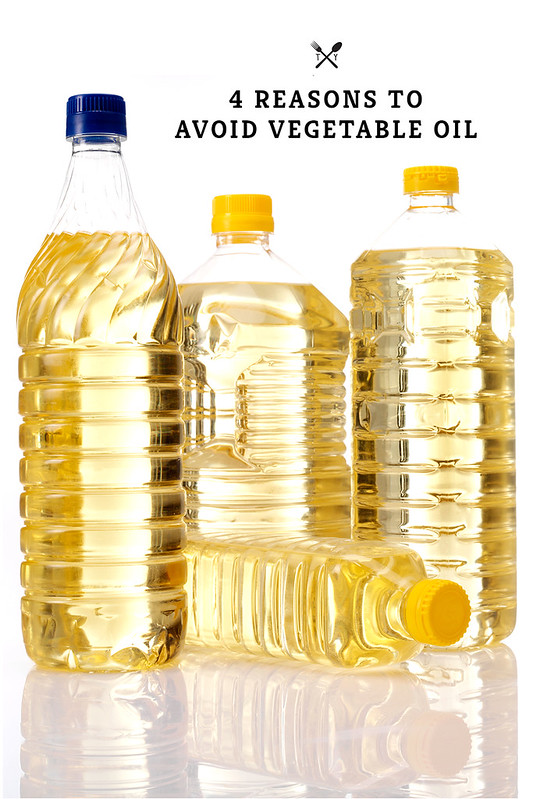
On the regular I find myself saddened and unpleasantly surprised by the lack of easily accessible, reliable information and data concerning food, nutrition and health. Truthfully, looking back, it’s amazing how little I myself knew, before I started down this long, self-initiated, ongoing path of nutritional education and empowerment of the past 10+ years. I am often reminded these days that I live in a bubble of sorts, surrounding myself virtually and otherwise with bloggers, healers, nutritionists and content creators whose lifestyles mirror my own. Reading books, listening to podcasts and following doctors and researchers creating and sharing important information and research about health and nutrition. I tend to forget and maybe I even take for granted, how much I do know and often I find myself making sweeping assumptions that everyone else knows most of it, too. I know for so many of you this post and this information is old news, it’s a rerun, you’ve heard it before. But if this post reaches even one new person, if I can send my new nutritional clients, who are still cooking with vegetable oils, here to learn more, then it’s a success!
As I enter the homes of my nutritional clients, as well as my close friends and family members, the number one thing I see among their food choices, that I immediately want to remove from their pantries and toss aggressively into the garbage: is vegetable and seed oils. In my opinion, vegetable oils are far worse than any overly refined carbs, white sugar or high fructose corn syrup. This deadly, Frankenstein-eque, lab-created “food” (if you can even call it that) is wreaking more havoc on people’s health than possibly anything else and sadly it’s being overlooked by so many. Much of this comes from Western medical practitioners who are woefully uneducated in nutrition or those whose nutritional education is sorely dated, built on antiquated and debunked health myths of previous generations. Or maybe it’s the fact that big food industry in our country has a large stake in corn and soy production and these have become, by far, the cheapest crops we are growing, thanks to government subsidies. Take a look at most packaged and processed foods and I can almost guarantee you will find one or both of these foods somewhere on the label.
The edible oil industry in our country, “Big Ag” and their marketing “geniuses” sought to demonize tropical oils and other saturated fats and in turn, in the same breath to promote their own vegetable oils, like corn and soybean oil. This great movement toward the excessive use of polyunsaturated fats and the demonization of saturated fats came with the advent of the “Lipid Hypothesis” — which featured fraudulent research made by a terrible scientist named Ancel Keys who made unsubstantiated claims that saturated fat and cholesterol were the cause of heart disease and ignored research and data that didn’t support his argument. We can see how well all that has gone!
The fats used in this study were hydrogenated, processed fats, known to be extremely irritating to the body, particularly the vascular system. Cholesterol acts as a healing agent to repair and protect the arteries and veins. Therefore, the more irritation, the more cholesterol will mobilize to save the day! Research now shows us that dietary cholesterol intake has VERY LITTLE to do with over all cholesterol levels, so this part of the theory was off target as well. Today, the Lipid Hypothesis continues to be promoted by most medical professionals and pharmaceutical companies, as well as the modern food processing giants, who profit from such flawed research. Saturated fatty acids from healthy sources nourish the vascular system, enhance immune function, protect the liver from certain toxins (including alcohol), aid in calcium absorption, and increase cellular membrane integrity. Keep in mind that heart disease was considered a rare condition before the 1920’s, but spiked dramatically from 1910 to 1970 as Americans began consuming less saturated animal fats and increasing amounts of vegetable fats in the form of margarine, shortening and adulterated, refined oils of all types. Our not-so-distant ancestors consumed healthy sources of saturated fats each and every day with no adverse health effects whatsoever! 1Fats: Safer Choices for Your Frying Pan and Your Health By Caroline Barringer, CHFS, NTP
After going through the Nutritional Therapy program at the NTA to become a certified Nutritional Therapy Practitioner I have found myself more inspired than ever to want to help people, to share what I know and to do whatever I can to help make a change in our health, our very broken food system and to empower people to make the very best choices for themselves and their families. So let’s start with one of the most important topics: 4 Reasons to Avoid Vegetable and Seed Oils!
What are Vegetable Oils?
Vegetable oils are oils that are extracted from seeds, germs or beans, such as corn, sunflower, safflower, soybean, or rapeseed (canola oil), etc. Non existent until the early-1900’s, vegetable oils are one of the most unnatural “foods” you can find. Vegetable oils are PUFAs, which stands for Poly-Unsaturated Fatty Acid. In chemical terms, that means that the fatty acid has more than one (poly) double bond in the carbon chain. They’re unsaturated because they’re missing out on what saturated fatty acid has — hydrogen atoms. In a sense, that makes the bonds sort of incomplete. So, imagine a chain of links that are sort of missing a joint or two, on each and every link — it wouldn’t be very strong or stable. These messed up and broken chains make for highly unstable fats that are prone to oxidation in the presence of heat and light, during cooking, sitting on the shelf in the grocery store or in your kitchen pantry and even in your body and they turn rancid, which our body reacts terribly to. Our body attempts to respond to and neutralize the oxidization by utilizing its stores of antioxidants. This oxidization process causes cell mutation, which we see in chronic inflammation, the source of most of the worst illness plaguing our society, cancer, heart disease, etc.
It’s really pretty simple. Because of their instability, and the negative effects on the body’s systems these oils have in excess, PUFA are just plain bad.
The most common vegetable oils on the market are:
- soybean oil
- canola oil (rapeseed oil)
- sunflower oil
- corn oil
- cottonseed oil
- “vegetable” oil
- safflower oil
- peanut oil
- grapeseeed oil
- rice bran oil
- margarine
- shortening (made from above oils)
- fake butter or spreadable butter-type spreads (I Can’t Believe it’s Not Butter, Earth Balance, Smart Balance)
Thankfully less and less people are cooking with these oils at home these days, however unfortunately it’s still not enough to just not buy these cooking oils at the store. Be aware that many/most processed foods contain these oils so you have to be sure to read labels. Salad dressings, condiments like mayo, sauces, crackers, cookies, chips… check your ingredients. You can also bet that most restaurants are cooking in vegetable oils, because they are so cheap! Unless a restaurant specifically states otherwise, their fried foods are all cooked in soybean, cottonseed or some other highly toxic vegetable oil.
(Note the term “vegetable oil” does NOT apply to healthy plant oils like olive oil or coconut oil, which are extremely healthful)
4 Reasons to Avoid Vegetable Oils
References
1. ↑ Fats: Safer Choices for Your Frying Pan and Your Health By Caroline Barringer, CHFS, NTP -
Meet Brook: Shamanic Reiki Master
I am so excited to introduce you all to Brook Albrigo, a very dear friend of mine. You have heard me speak previously about the very important roles that reiki and the subtle body have played in my healing journey, I have also shared very specific details of healing sessions with Brook. I am very honored to announce that Brook will be joining us here monthly to share more about reiki and the strong influence in which energetics can play in healing, including simple tips to restore balance and promote vitality and wellness.
– – – – – – – – – – – – – – – – – – – – – – – – – – – – – – – – – – – – – – – – – – – – – – –
If someone had told me 6 years ago that I would become a Shamanic Reiki Master I would’ve laughed in their face and told them to get their head checked. Those words just didn’t exist in my vocabulary until the day, immobile and injured, I sought physical pain relief and found healing on an extraordinary level.
The path that followed was one I never for one moment felt that I chose, but rather that it chose me. I had to surrender to it or be dragged kicking and screaming. Either way, THIS was happening!Before I discovered healing through energy work, I was completely comfortable in my routine of self destructive and toxic co-dependent ways. I was living in New York City, working in the beauty industry, sometimes working weeks without a day off. I was convinced all the sacrifice would pay off – it’s all part of the ‘city hustle’ and you can sleep when you’re dead, right? The stress and disregard for self care was so out of control that I had developed insomnia, digestive issues, a constant eye twitch and I couldn’t calm my nerves enough to take the subway home without at least two drinks in my system.
Looking back and knowing what I know now, this was all just a major distraction. A diversion I had unknowingly created to avoid the real issues underneath the surface. I was more willing to sacrifice my health, happiness and overall well-being than face the hard truth – I simply did not love myself. Even worse, I hated myself. I had been on antidepressants for years trying to numb this feeling of never being enough or worthy. I was adept at smiling and pretending that I had it all together, but deep down was this great deal of self loathing and suffering. While initially antidepressants did help me get through a tough time, I had come to rely on them for too long and wanted to eventually come off, but did not think I was capable. All of these circumstances combined with my Saturn Return (an event that happens to all of us about every 28—30 years which brings about major change), the perfect storm was created.
Read the rest of this entry » -
The 9 Best Foods for Eye Health
I received compensation from Alcon for the below post, but all opinions expressed here are mine.
Glasses and contact lenses have been a part of much of my life. When we moved to California over three years ago, I actually had to give up wearing contact lenses as I began to suffer from dryness, allergies and itchy eyes – nearly daily. This certainly complicated things as wearing glasses in the kitchen, dealing with the steam of the oven or the dishwasher fogging up the lenses, can complicate things while cooking. Plus, glasses while at the gym or yoga practice, sliding off your sweaty face is also annoying and cumbersome. After some changes to my lifestyle, managing ongoing allergies and getting back to tip top eye health, I am back to wearing contacts again and I am loving my new DAILIES TOTAL1® contact lenses. Daily disposable contact lenses are totally new for me, but I am loving the freedom to enjoy my on-the-go lifestyle without the hassle of glasses and I love that each day, my contact lenses feel fresh and new. If you would like to try them, visit DAILIESChoice.com to learn about the Alcon DAILIES® Choice Mail-In or Online Rebate Offer and how to save up to $200 on a year’s supply of DAILIES TOTAL1® contact lenses!*
Research shows that much like the rest of our bodies, what you eat can also help support eye health as you age. Of course, as always, it is recommended that you eat plenty of fruits and vegetables rich in color, like orange, yellow, red and dark green as these are particularly likely to include the vitamins great for eye health. Foods rich in antioxidants are also known to help protect the eyes from age-related macular degeneration (AMD), which is the leading cause of blindness among older Americans; as well as cataracts and other eye-related conditions. It is documented that people who supplement their diet with Vitamin C, antioxidants, zinc, beta-carotene, and vitamin E experienced about a 25% reduction in risk of developing serious AMD1https://www.macular.org/antioxidant-vitamins-and-zinc-areds.
References
